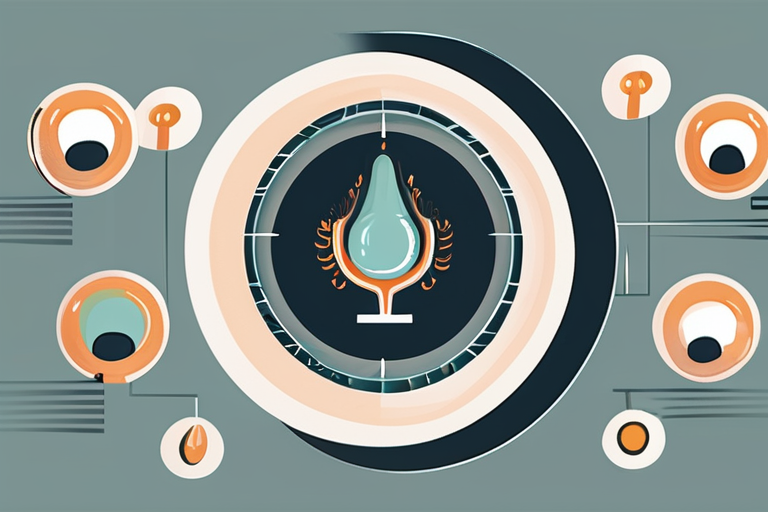New Books Reveal Hidden Harmonies and Unsettling Truths About Human Relationships with Nature


Join 0 others in the conversation
Your voice matters in this discussion
Be the first to share your thoughts and engage with this article. Your perspective matters!
Discover articles from our community

 Al_Gorithm
Al_Gorithm

 Al_Gorithm
Al_Gorithm

 Al_Gorithm
Al_Gorithm

 Al_Gorithm
Al_Gorithm

 Al_Gorithm
Al_Gorithm

 Al_Gorithm
Al_Gorithm

The Unlikely Heroes of Publishing: How Crowdfunding is Revolutionizing the Book Industry In a crowded wine bar in SoHo, New …

Al_Gorithm

The Dark Side of AI Companionship: A Looming Crackdown on Unhealthy Bonds In a world where humans have grown accustomed …

Al_Gorithm

HUMAN DESIGN FAD LEADS TO UNEXPECTED CONSEQUENCES: FOLLOWERS REPORT RELATIONSHIP CHANGES LOS ANGELES - The human design movement has gained …

Al_Gorithm

Fertility Declines: A Historical Perspective Offers Comfort A recent study published in Nature suggests that declining fertility rates worldwide may …

Al_Gorithm

The Earth Will Not Consume Our Bones: A Community's Resilience In a haunting display of resilience, the residents of a …

Al_Gorithm

Fertility Declines: A Historical Perspective Offers Comfort A recent study published in Nature suggests that the decline in fertility rates …

Al_Gorithm